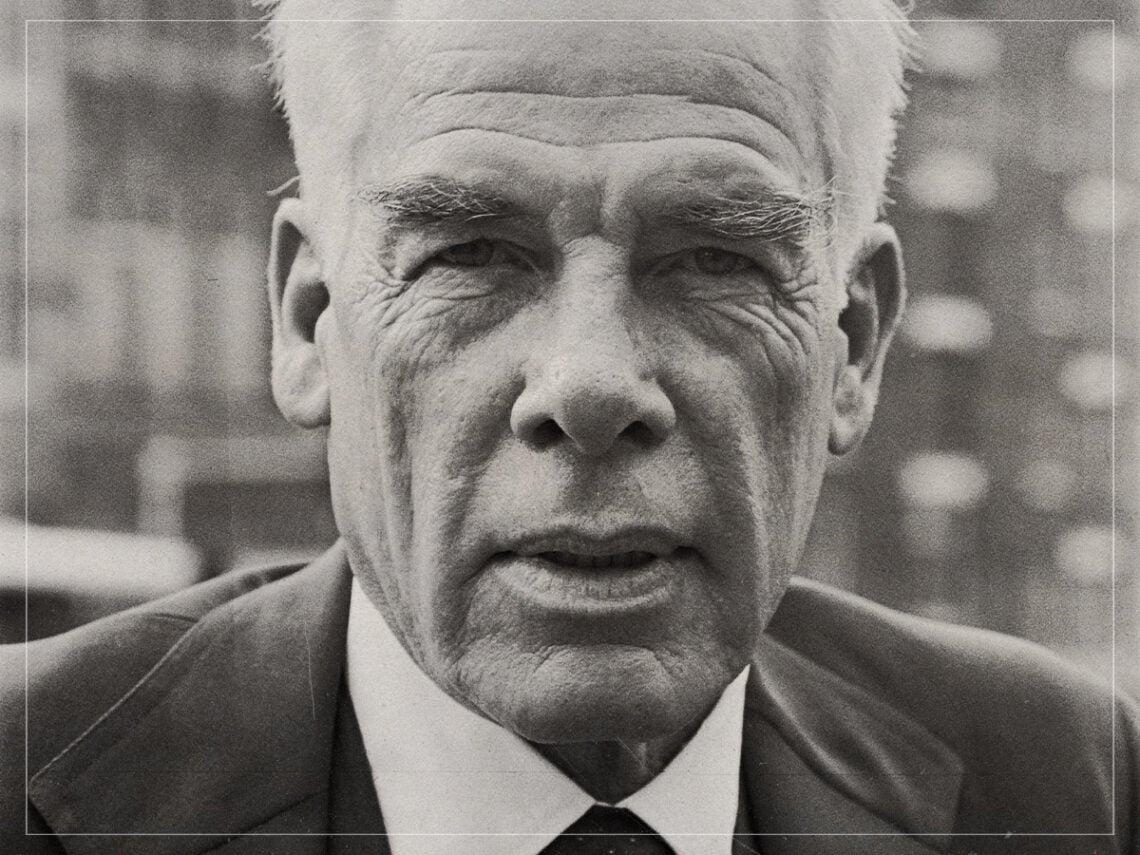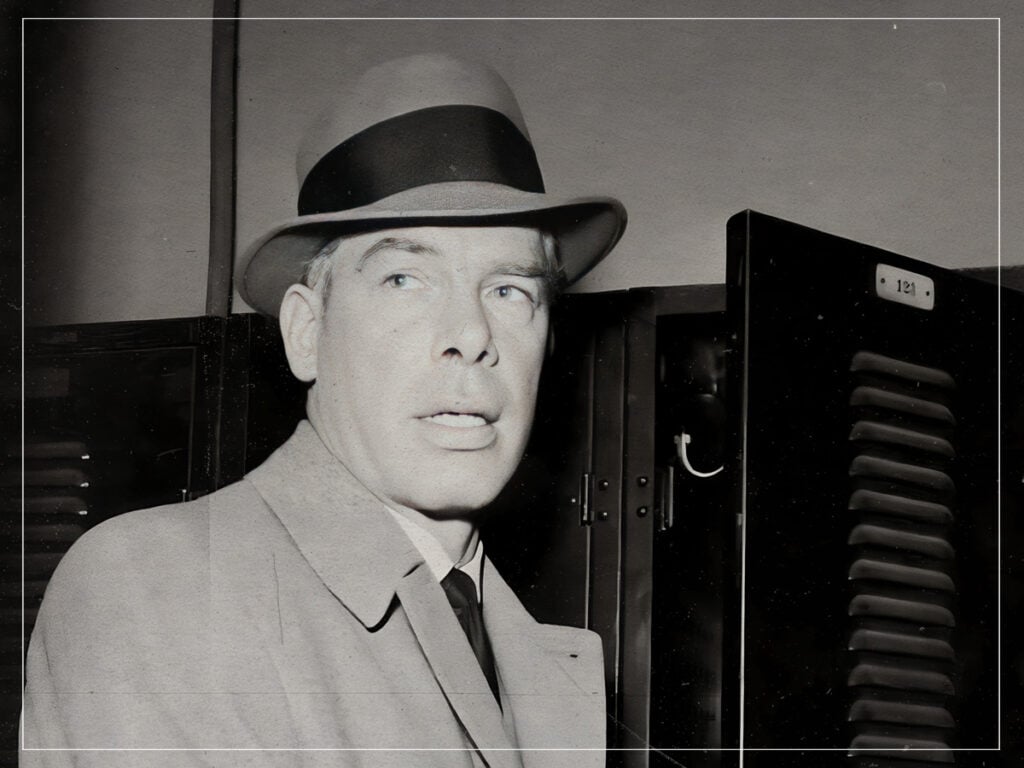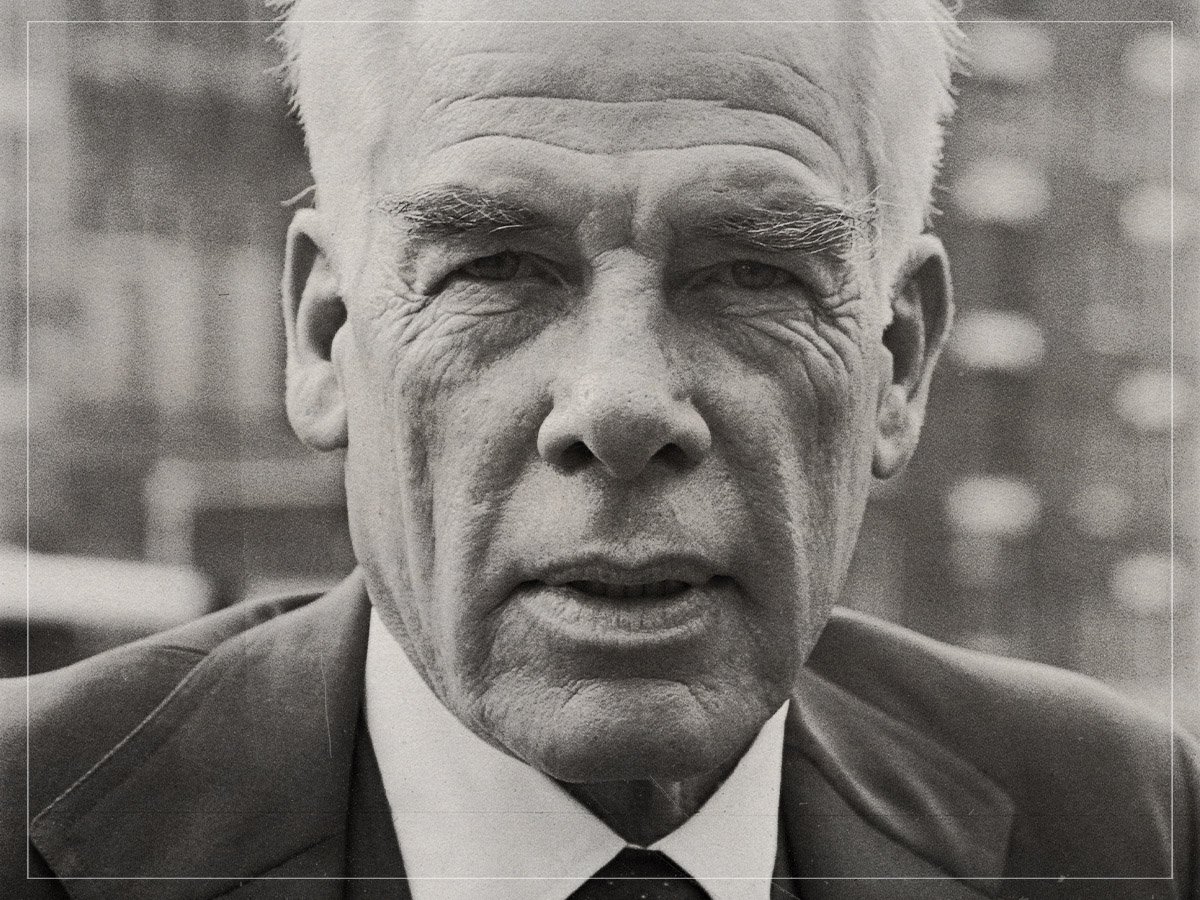
(Credits: Far Out / Hans van Dijk / Anefo)
Sat 20 September 2025 22:30, UK
In 1972, Hollywood‘s best grim-faced tough guy, Lee Marvin, went back to the same well that spawned Point Blank’s taciturn thief Walker five years earlier.
With Prime Cut, Marvin made another controversial, violent crime thriller that pushed the boundaries of good fucking taste, even during a time when the New Hollywood era was bringing an unseen level of grit and reality to cinema. This time, though, it didn’t quite hit the cultural zeitgeist, and Marvin also had a tough time making the film.
Why? Well, he hated the director’s guts, for one thing, but he also couldn’t help feeling jealous about the clamour over his co-star, who had just won the ‘Best Actor’ Academy Award. Needless to say, this hatred and jealousy made for a toxic combination. “I’ve made some mistakes I wish I hadn’t,” Marvin admitted in December 1972. “One of them was working with Michael Ritchie on Prime Cut. Oh, I hate that son of a bitch.”
While he might not be a household name these days, Ritchie was a director on a roll in the ‘70s. Prime Cut was his second film, and easily his least acclaimed of the era, but it came sandwiched between two seminal Robert Redford pictures: Downhill Racer and The Candidate. Ritchie subsequently helmed big hits like The Bad News Bears and Semi-Tough, both sports movies that have cult followings to this day. By anyone’s estimation, this was a director capable of making highly entertaining films that audiences loved – so why did Marvin dislike him so much?
Well, according to the Dirty Dozen star, “He likes to use amateurs because he can totally dominate them. Nothing worked with that guy, and the whole picture fell apart.” In addition to this gripe, Marvin and Ritchie constantly clashed on-set because the director wanted the movie to play out like the script when it came to the relationship between Nick Devlin, Marvin’s character, and Poppy, a young woman sold into prostitution by the movie’s villains.
 (Credits: Far Out / NBC Television)
(Credits: Far Out / NBC Television)
In the screenplay, they become sexually involved, but Marvin was dead set against this, steadfastly refusing to film any romantic scenes. Instead, he insisted on Devlin acting more like a protector for the young lady, such as in a scene in a diner where the sleazy patrons ogle her. The ageing gangster ends up creating a safe atmosphere for her to eat by staring down the men, daring them to try anything. Naturally, because he’s a scary, scary hombre, they back off.
In a way, this scenario means Marvin was on the right side of history. In the ‘70s, an older male and younger female relationship in the movies almost always turned sexual, but Marvin recognised the trope was clichéd, often degrading, and unrealistic, to boot. However, despite this stance being admirable, he later admitted he may have been out of line with some of his behaviour on the set, and probably shot his mouth off more than was strictly necessary.
“I’d probably had a little too much booze inside of me when I said those things,” he acknowledged with regret. “OK, so I didn’t hit it off with Michael Ritchie, and I got pissed off about some things, but if I said anything out of order, which I probably did, I shouldn’t have done. And I’m very sorry.”
Upon reflection, Marvin wondered if Ritchie wasn’t the only source of his discontent on Prime Cut, and that part of it might have been caused by good, old-fashioned professional envy. After all, the actor playing the vicious Kansas City crime boss Devlin goes up against was none other than Gene Hackman, then fresh off collecting an Oscar for his captivating turn as ‘Popeye’ Doyle in The French Connection. Even though Marvin was also an Academy Award winner for Cat Ballou, that victory came six years before Hackman’s, who was now the hot, young thing in Hollywood (relatively speaking).
“Maybe I felt a little left out of the Gene Hackman Appreciation Society,” Marvin grumbled with no small amount of sarcasm. “I mean, Gene, God knows, is a great actor and a great guy, but he wasn’t the only actor in the film, for crissakes.”
Related Topics
